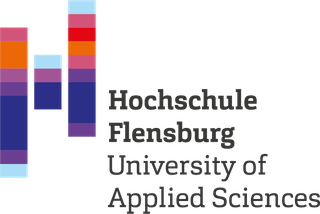Physik - Ausgewählte Grundkonzepte für Natur- und Ingenieurwissenschaften
Vest, A., & Voigt, A. (2026). Physik - Ausgewählte Grundkonzepte für Natur- und Ingenieurwissenschaften (S. 436). Hamburg: Books on Demand GmbH. Abgerufen von https://buchshop.bod.de/physik-alexander-voigt-9783819275401
